THE ONE-LEGED SPY QUEEN: How a Beautiful Agent Became Nazi Germany’s Worst Nightmare in WWII.H
6-7 minutes 7/22/2025
In the shadowy world of World War II espionage, few names shine as brightly as Virginia Hall, a Baltimore-born linguist who became one of the Allies’ most formidable spies. Dubbed “one of the most dangerous Allied agents” by the Nazis, Hall’s courage, ingenuity, and resilience made her a legend, despite losing her left leg years before her missions. Fluent in French, Italian, and German, she leveraged her linguistic prowess to infiltrate Nazi-occupied territories, orchestrate resistance networks, and evade capture. As we celebrate her extraordinary legacy, let’s explore how this one-legged spy became a thorn in the Nazis’ side and a hero of the Allied victory.

A Linguistic Prodigy Turned Spy
Born in 1906 in Baltimore, Virginia Hall was a gifted linguist who mastered French, Italian, and German—a skill set that would prove invaluable in her espionage career. Her intelligence and determination led her to join the British Special Operations Executive (SOE) in 1941, at a time when women in espionage were rare. Hall’s ability to blend into foreign environments, coupled with her sharp intellect, made her an ideal candidate for covert operations. Despite a hunting accident in 1939 that cost her left leg, she adapted to a prosthetic limb, which she nicknamed “Cuthbert,” and never let her disability hinder her ambitions. Her linguistic fluency and fearless spirit set the stage for a remarkable career in espionage.
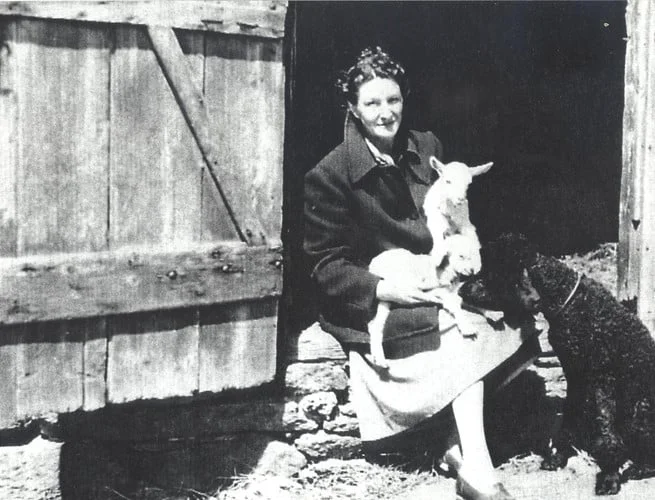
Undercover in Nazi-Occupied France
Hall’s most daring missions took place in Nazi-occupied France, where she posed as a journalist for the New York Post to avoid suspicion. Operating in Vichy France, a region under Nazi collaborationist control, she established a robust resistance network that disrupted German operations. Hall coordinated sabotage efforts, cutting off enemy communication lines and destroying transportation infrastructure critical to the Nazi war machine. Her network’s activities were so effective that they inflicted significant losses on German forces, from derailing supply chains to undermining troop movements. Hall’s ability to operate covertly in such a high-stakes environment showcased her strategic brilliance and courage under pressure.
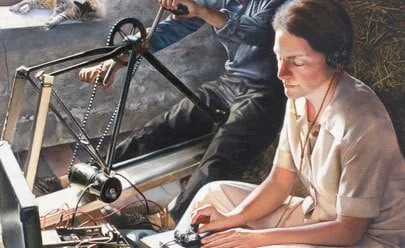
A Master of Evasion
The Nazis quickly recognized Hall’s threat, labeling her “one of the most dangerous Allied agents.” Her operations drew intense scrutiny, and she became a prime target for the Gestapo. Yet, Hall’s resourcefulness allowed her to evade multiple manhunts. Using her linguistic skills and quick thinking, she slipped through Nazi dragnets, often under harrowing circumstances. One famous escape involved crossing the Pyrenees Mountains on foot to reach Spain, a grueling journey made even more remarkable by her prosthetic leg. Her ability to outwit the Nazis time and again cemented her reputation as a master spy, undeterred by her physical limitations or the relentless pursuit of her enemies.
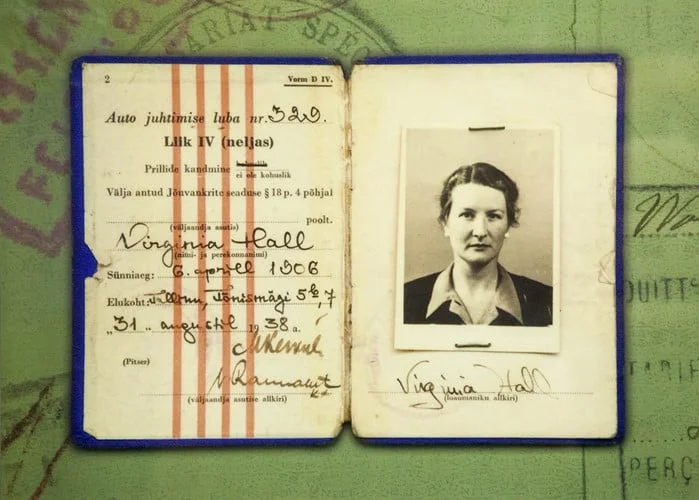
Devastating Impact on the Enemy
Hall’s contributions went beyond sabotage. Working alongside fellow resistance fighters, she orchestrated operations that led to the capture or elimination of hundreds of Nazi soldiers. Her networks provided critical intelligence to the Allies, aiding in strategic planning and weakening German defenses. From disrupting supply lines to coordinating attacks, Hall’s efforts caused chaos within Nazi ranks, making her a constant thorn in their side. The Nazis were unaware for much of the war that this formidable adversary operated with a prosthetic leg, a testament to her ability to conceal vulnerabilities and project strength. Her impact was so profound that it directly supported the Allied push toward victory.
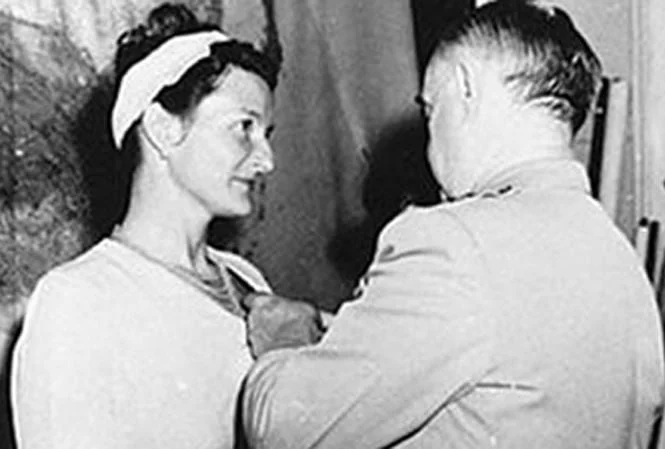
A Trailblazer’s Legacy
Virginia Hall’s extraordinary contributions earned her the Distinguished Service Cross, making her the only civilian woman to receive this honor during World War II. After the war, she continued her espionage career by joining the CIA in 1951, where she served until 1966. Hall’s work with the CIA further solidified her status as a trailblazer in intelligence, paving the way for future generations of female spies. She retired to Washington, D.C., and passed away in 1982, leaving behind a legacy of courage and resilience. Her story is a powerful reminder that determination and skill can overcome even the greatest obstacles, inspiring countless others to follow in her footsteps.
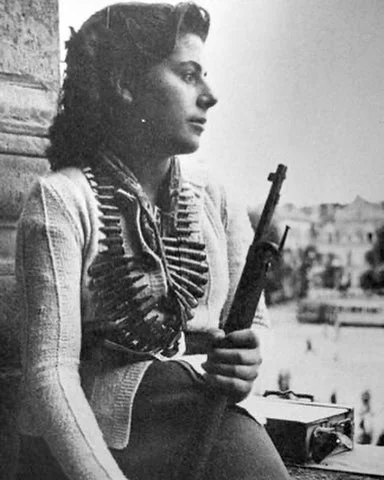
The Bigger Picture
Hall’s story is not just one of individual heroism but also a reflection of the critical role women played in World War II. Operating in a male-dominated field, she shattered stereotypes and proved that physical limitations could not constrain her impact. Her linguistic mastery and strategic acumen made her a vital asset to the Allies, while her ability to build and lead resistance networks demonstrated unparalleled leadership. The Nazis’ fear of her underscores the power of intelligence work in shaping the war’s outcome. As we reflect on her contributions, Hall’s legacy challenges us to recognize the unsung heroes whose covert efforts turned the tide of history.
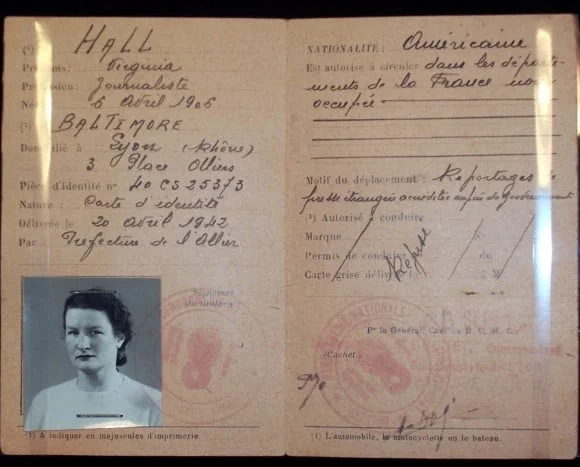
Virginia Hall’s journey from a Baltimore linguist to a legendary World War II spy is a testament to human resilience and ingenuity. Despite losing a leg, she outmaneuvered the Nazis, built resistance networks, and struck fear into the heart of the Third Reich. Her story, marked by daring escapes, devastating sabotage, and historic recognition, continues to captivate and inspire. As we honor her legacy, we’re reminded that true heroism knows no boundaries—physical or otherwise. What do you think, history buffs? How does Virginia Hall’s story inspire you, and what other unsung heroes deserve the spotlight?



